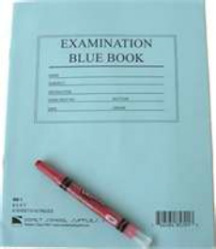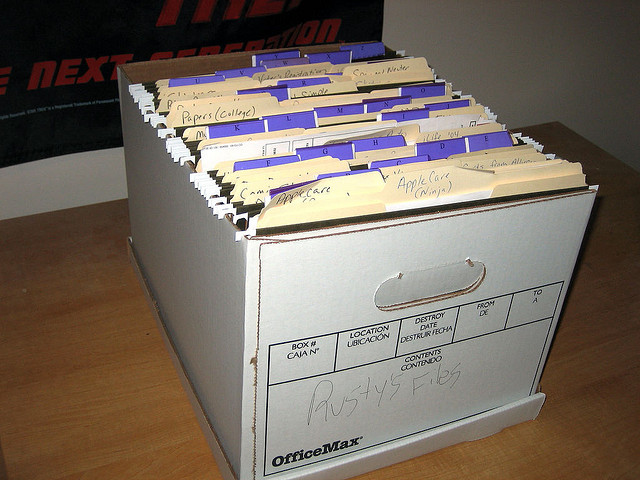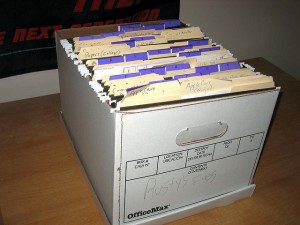The August 31st issue of Rhetsy marks the beginning of a new school year for me, and in recognition of that fact, I sent out a call for lists of 5 a couple of weeks ago, inviting subscribers to submit lists of 5. If you’re not subscribed, you can find it in the Issue Archive available to anybody who clicks on the Rhetsy link above.
I thought I’d add a few lists here, lest I be accused of completely taking the easy way out on this week’s issue:
5 Most recent Amazon purchases (academic):
- Jon Ronson, So You’ve Been Publicly Shamed
- Laurent Pernot, Epideictic Rhetoric
- Richard Nisbett, Mindware: Tools for Smart Thinking
- Alex Galloway, Laruelle: Against the Digital
- Cesar Hidalgo, Why Information Grows: The Evolution of Order, from Atoms to Economies
5 Farewells:
- Jon Stewart
- The Fraction/Aja run on Hawkeye
- Hannibal
- Leonard Nimoy
- Summer
5 Terms increasingly likely to find their way into my writing this year:
- Emblem
- Ecology of Attention
- Friction
- Amplification
- Epidemocracy
5 Smells that remind me of fall
- Dry-Erase markers
- Burning leaves
- Spice Cake candles from Pier 1
- Chai lattes
- Nutmeg
5 Trips to the well taken too often
- Star-making reality programming
- “austerity” measures
- 1970s/80s Saturday morning television
- Marvel comics
- listicles
…





